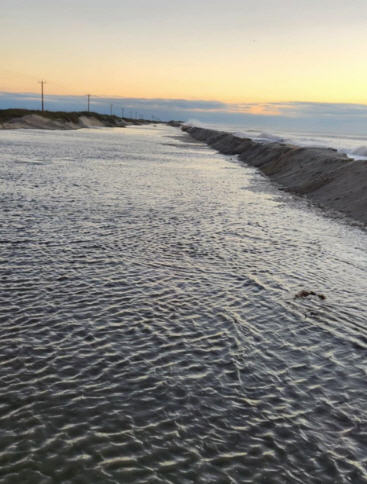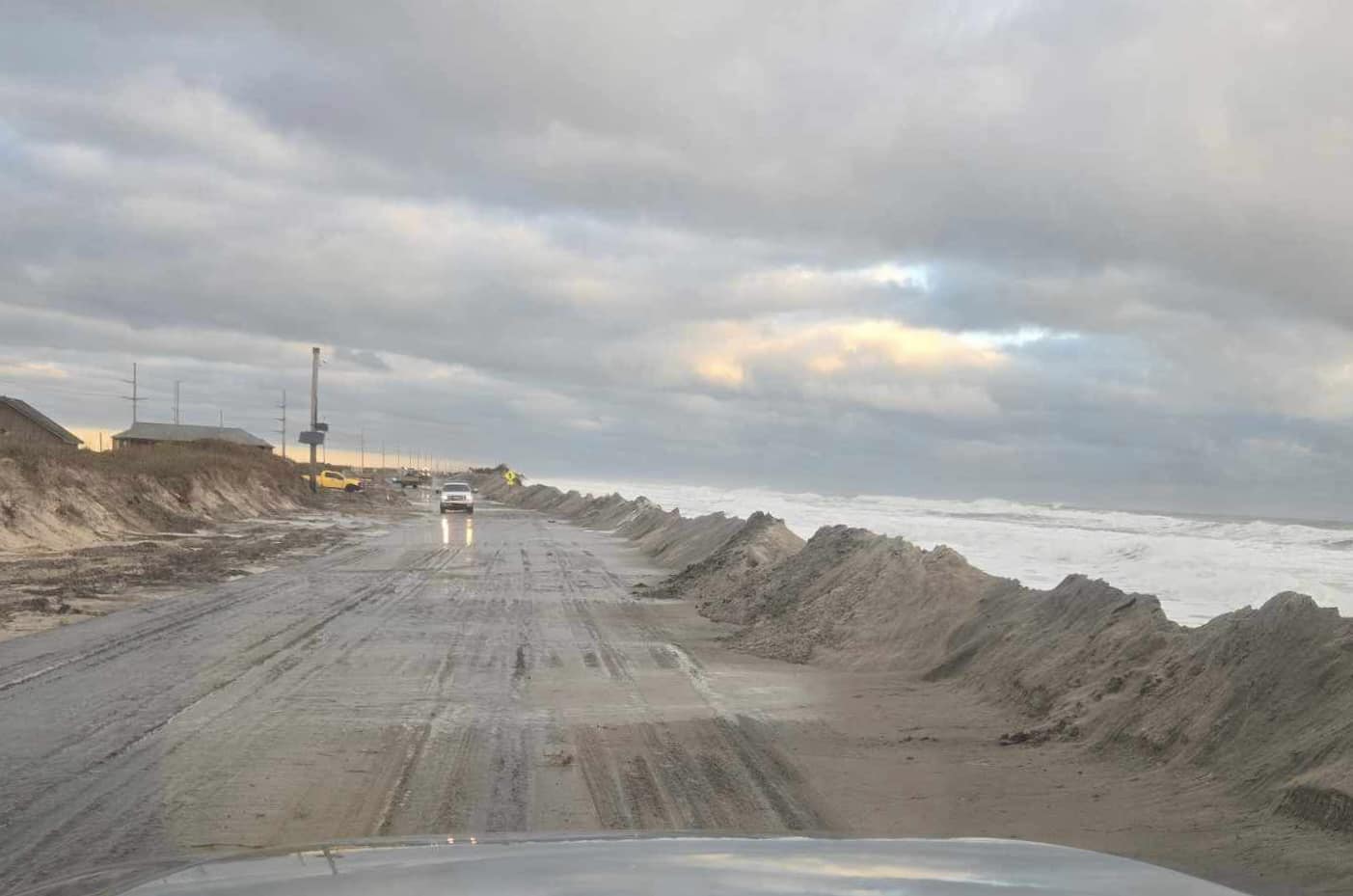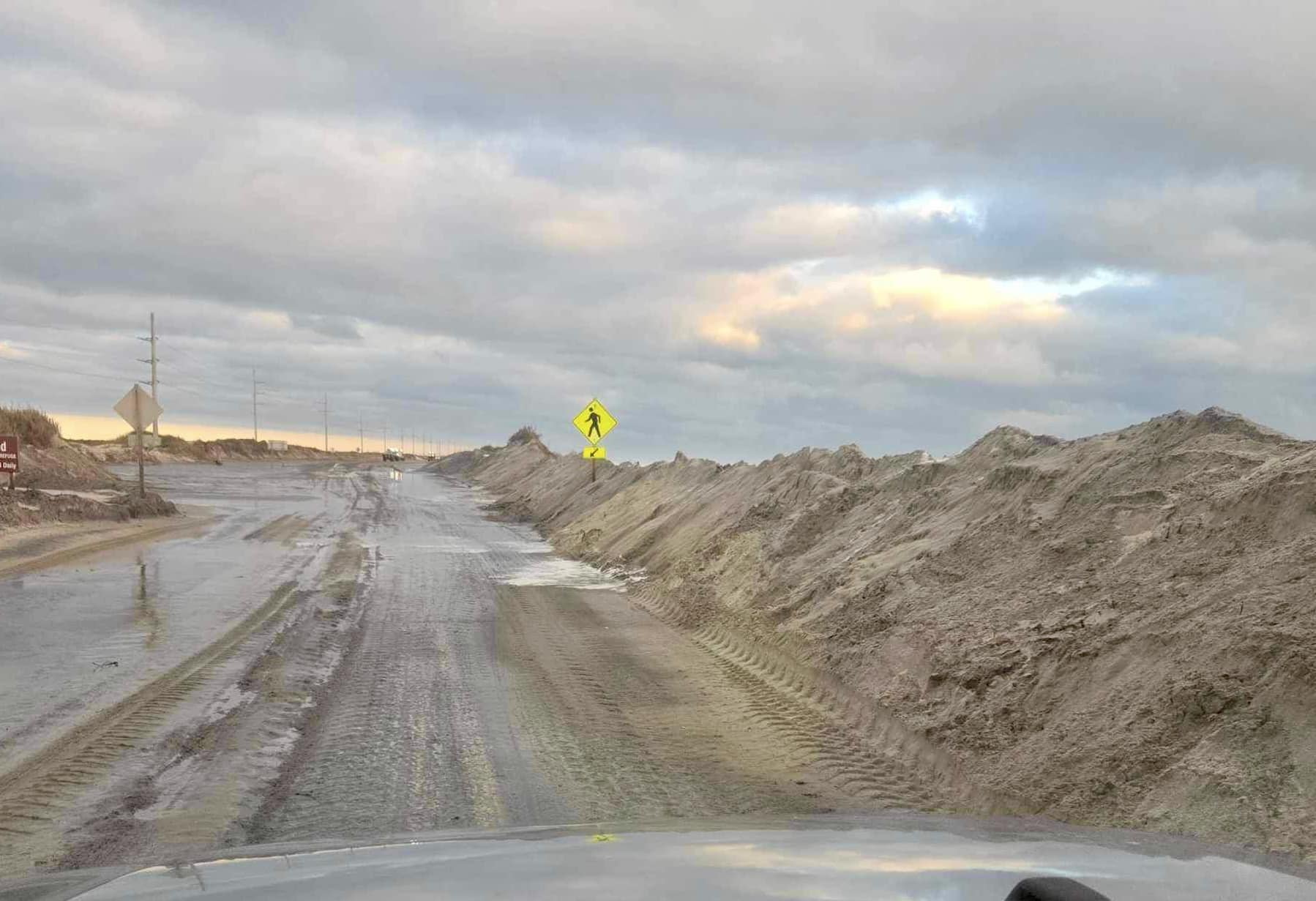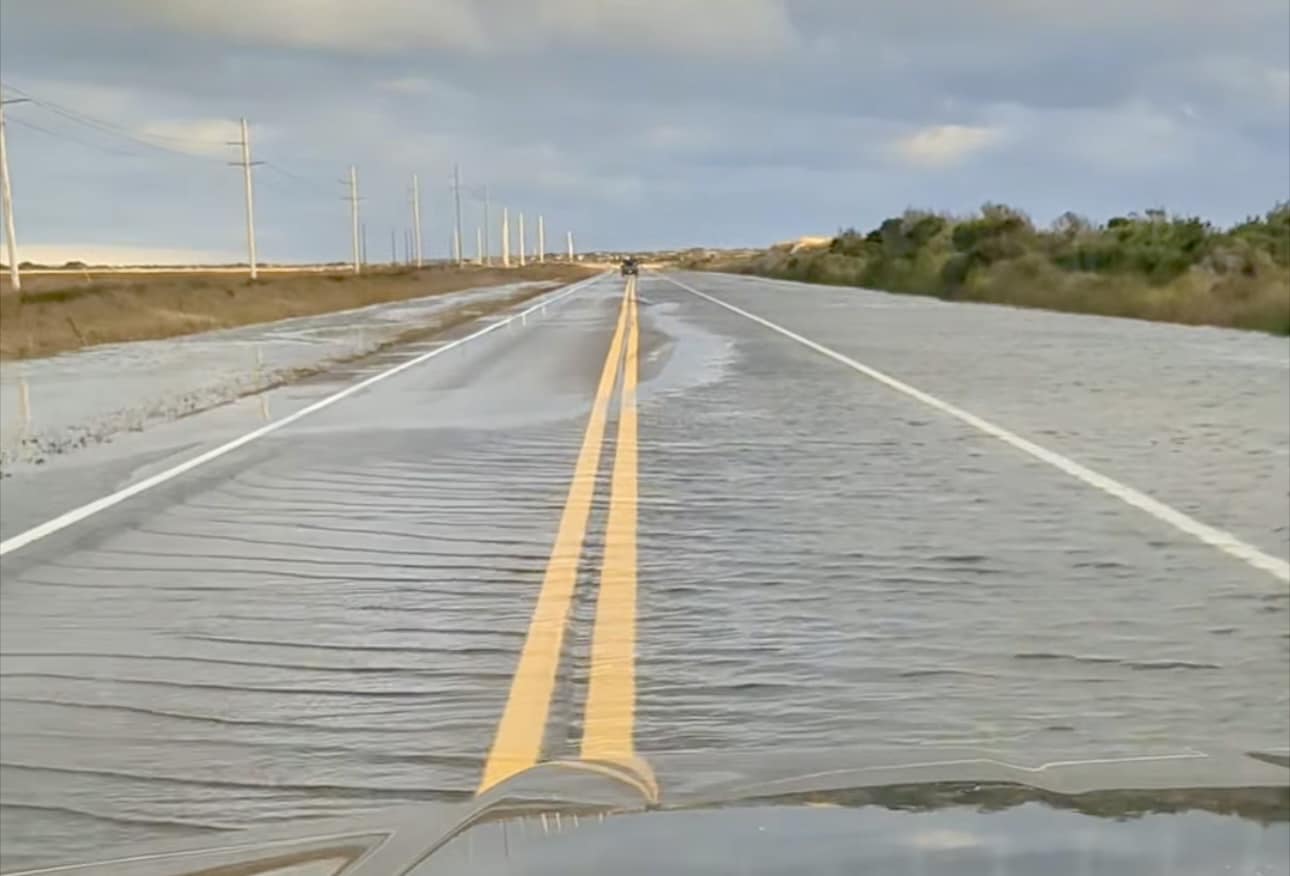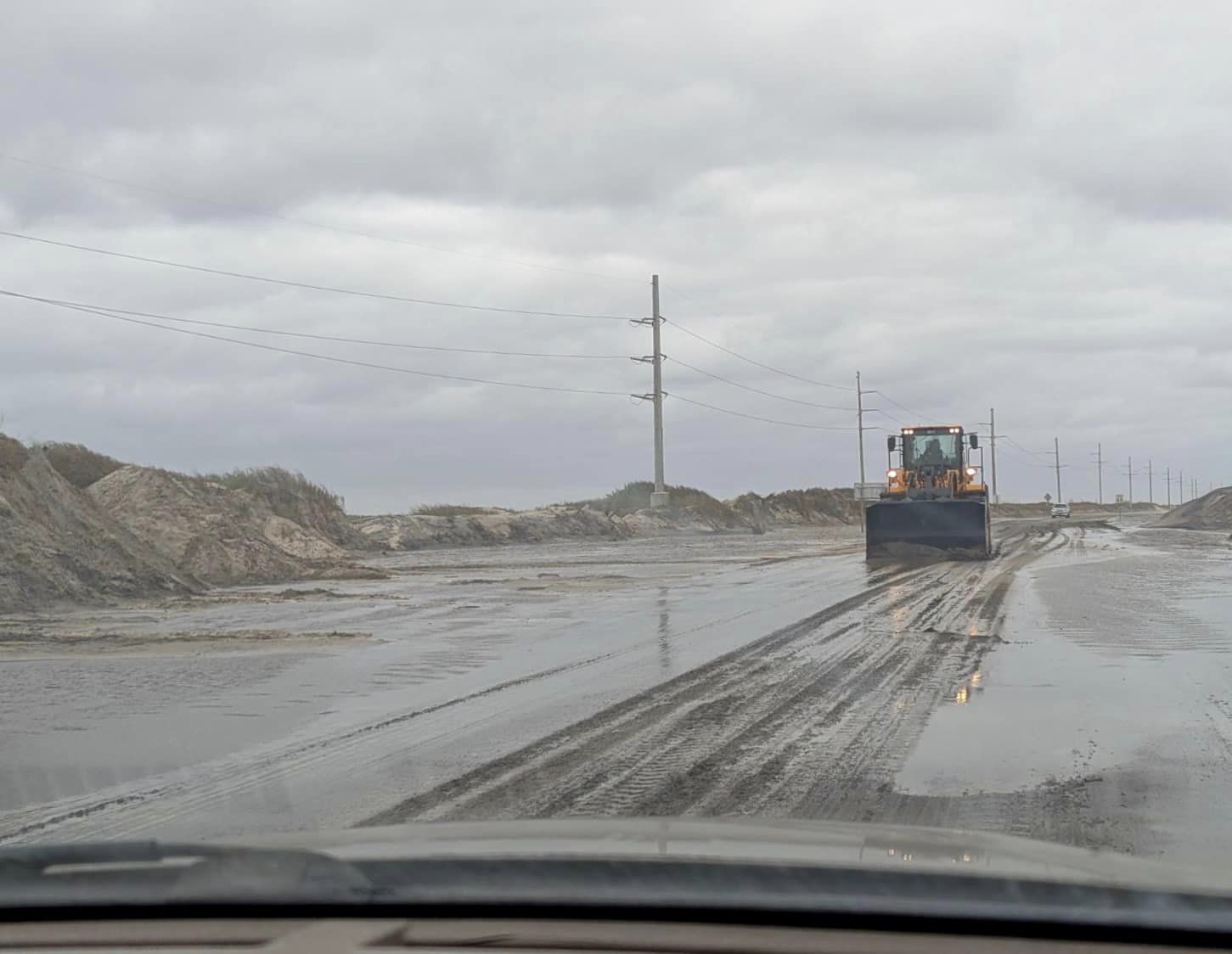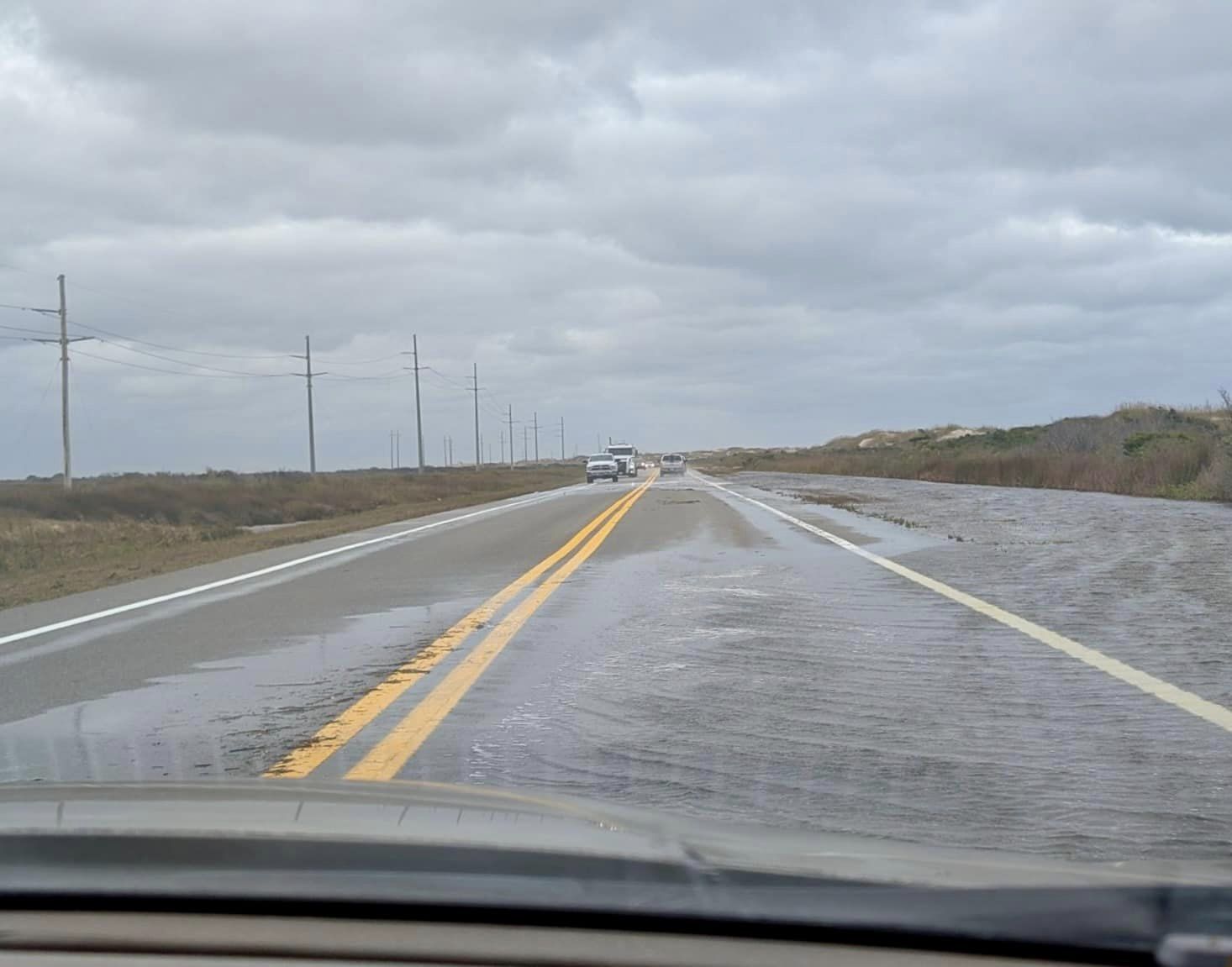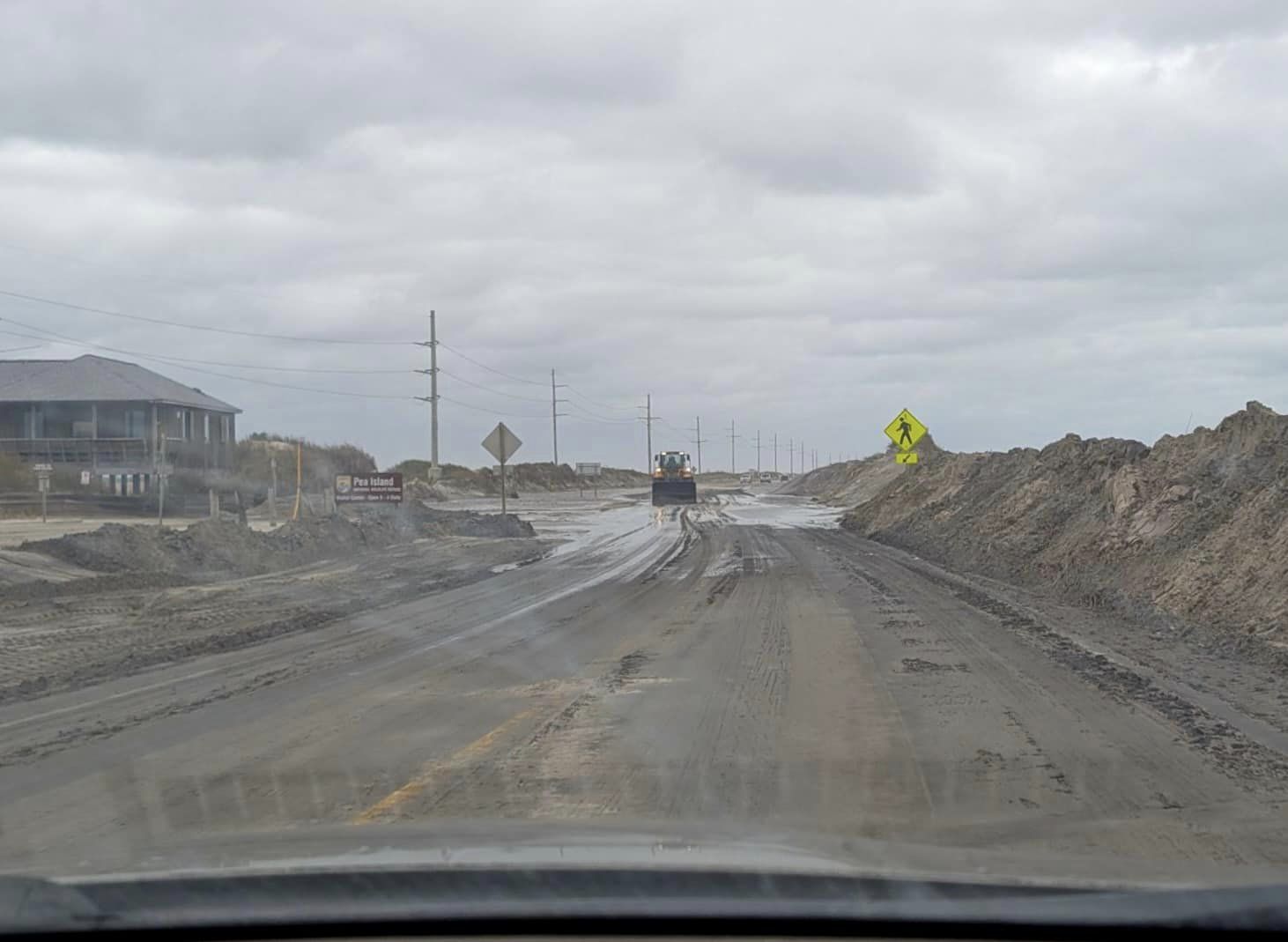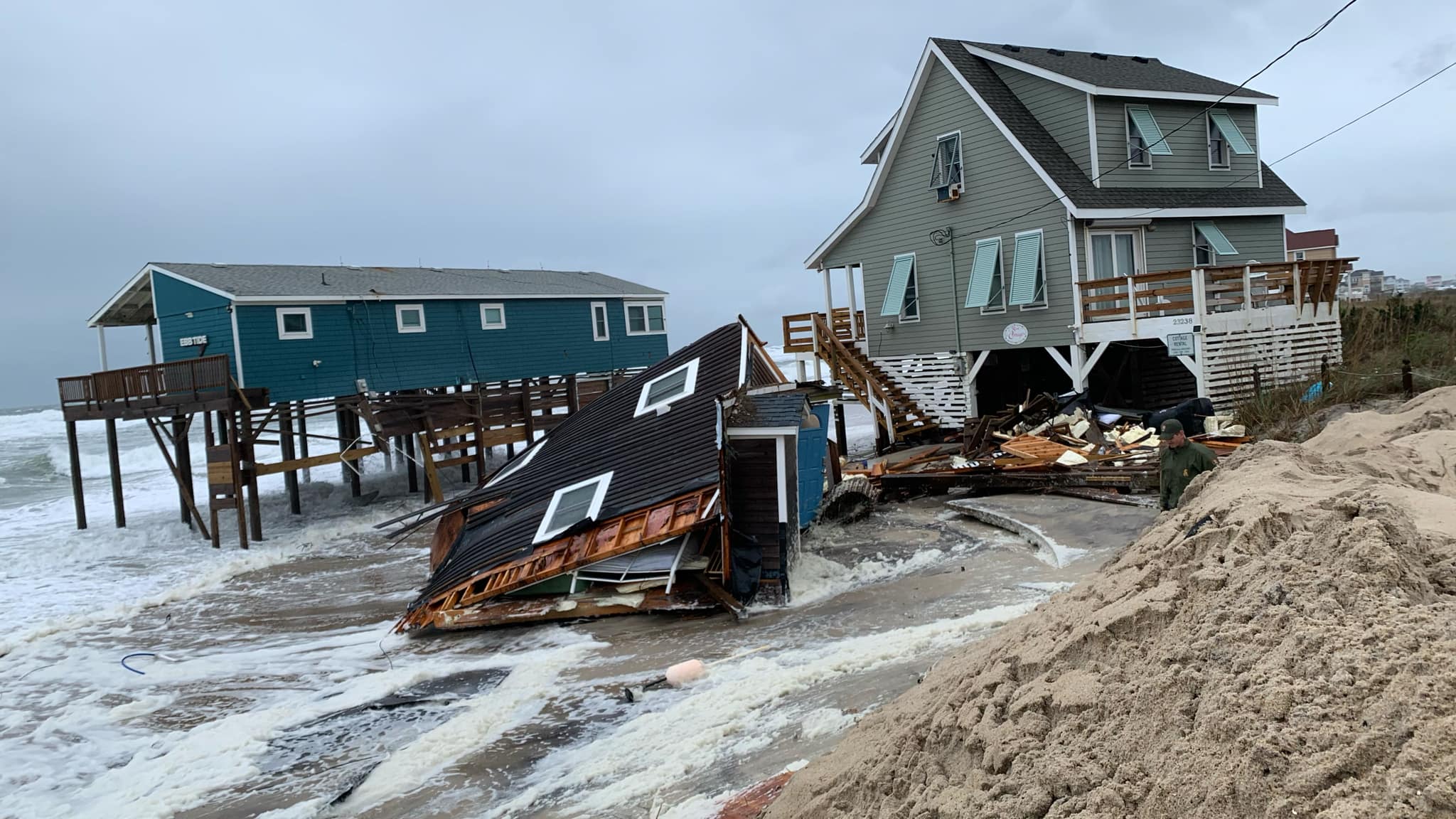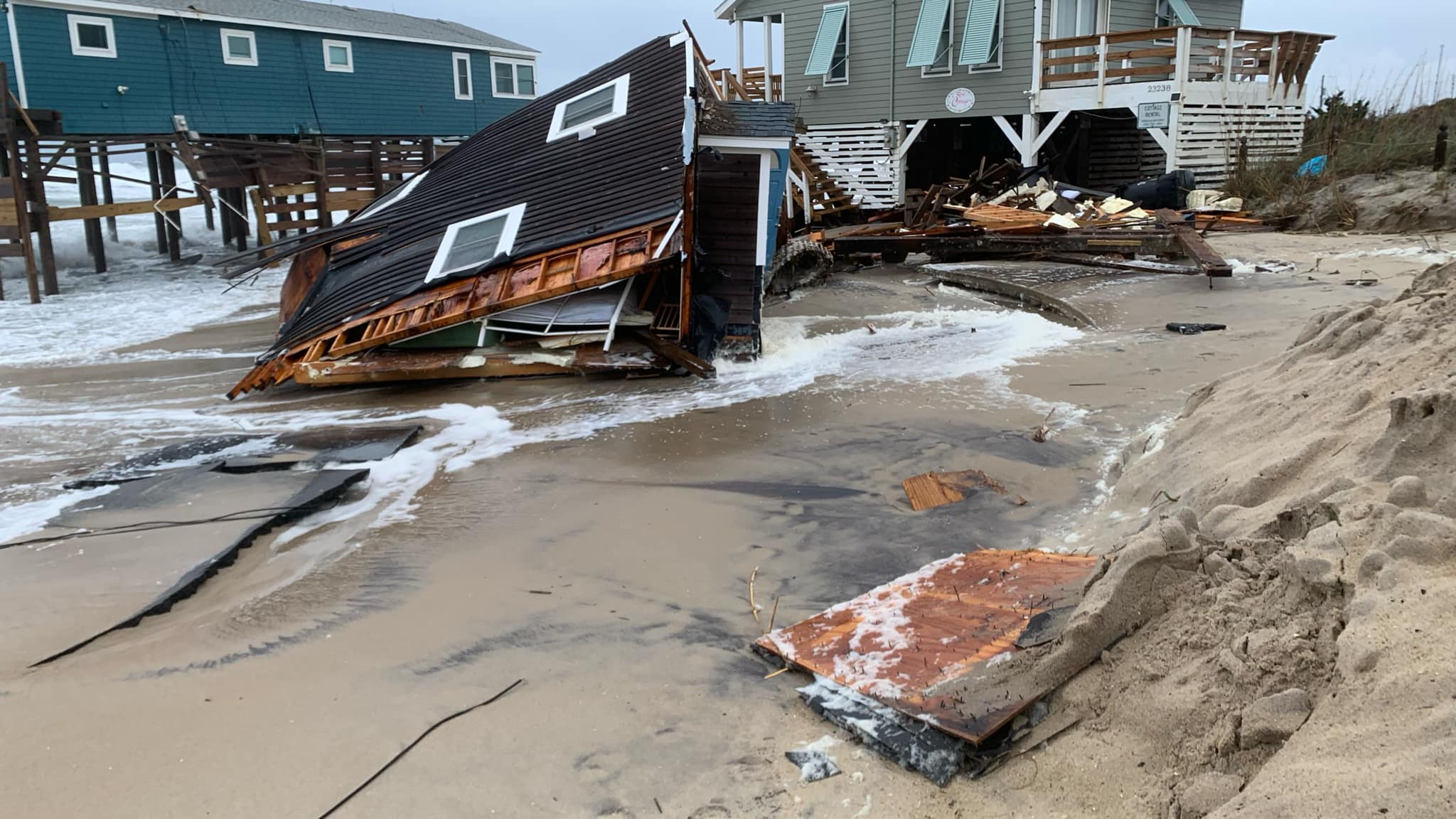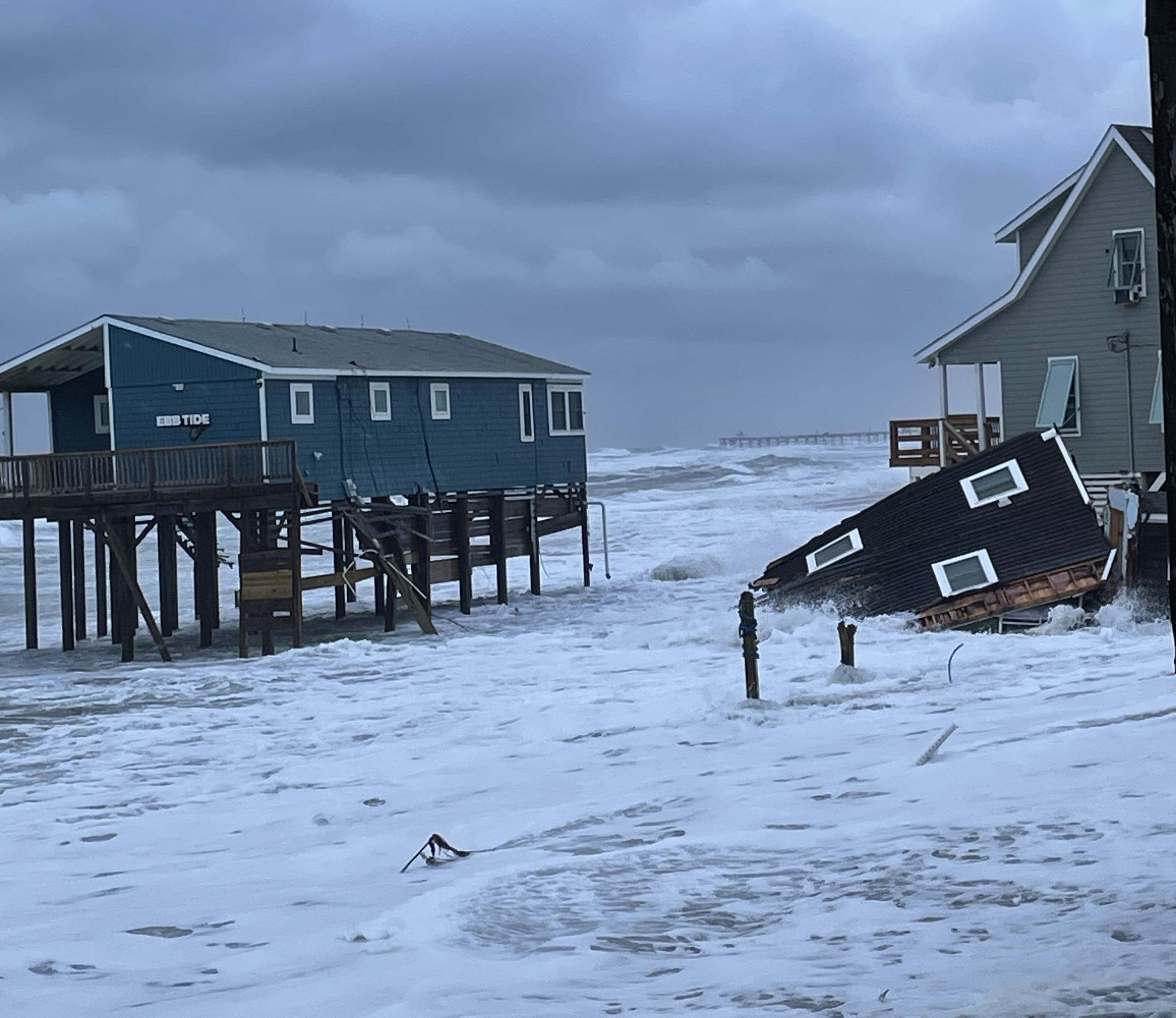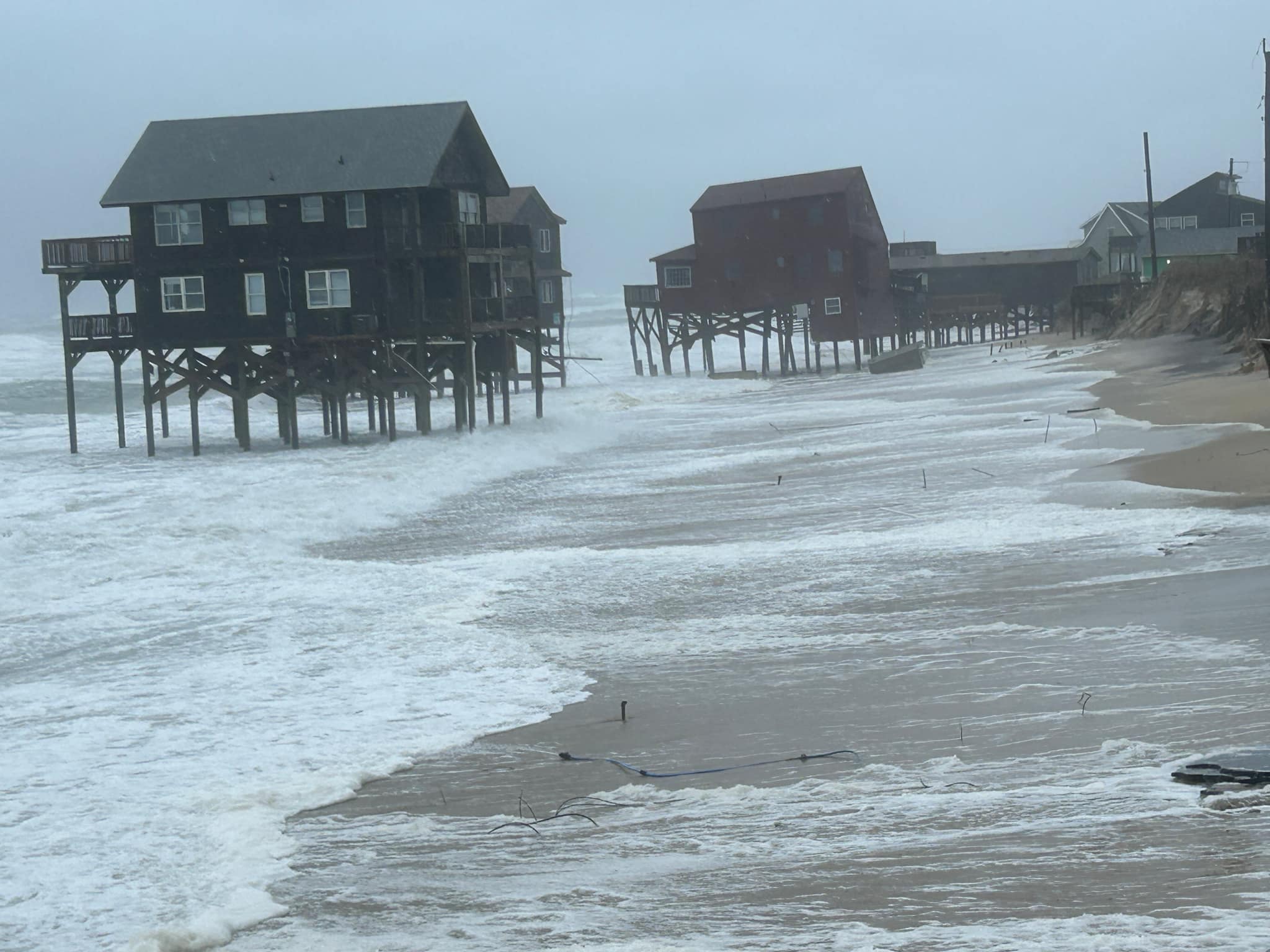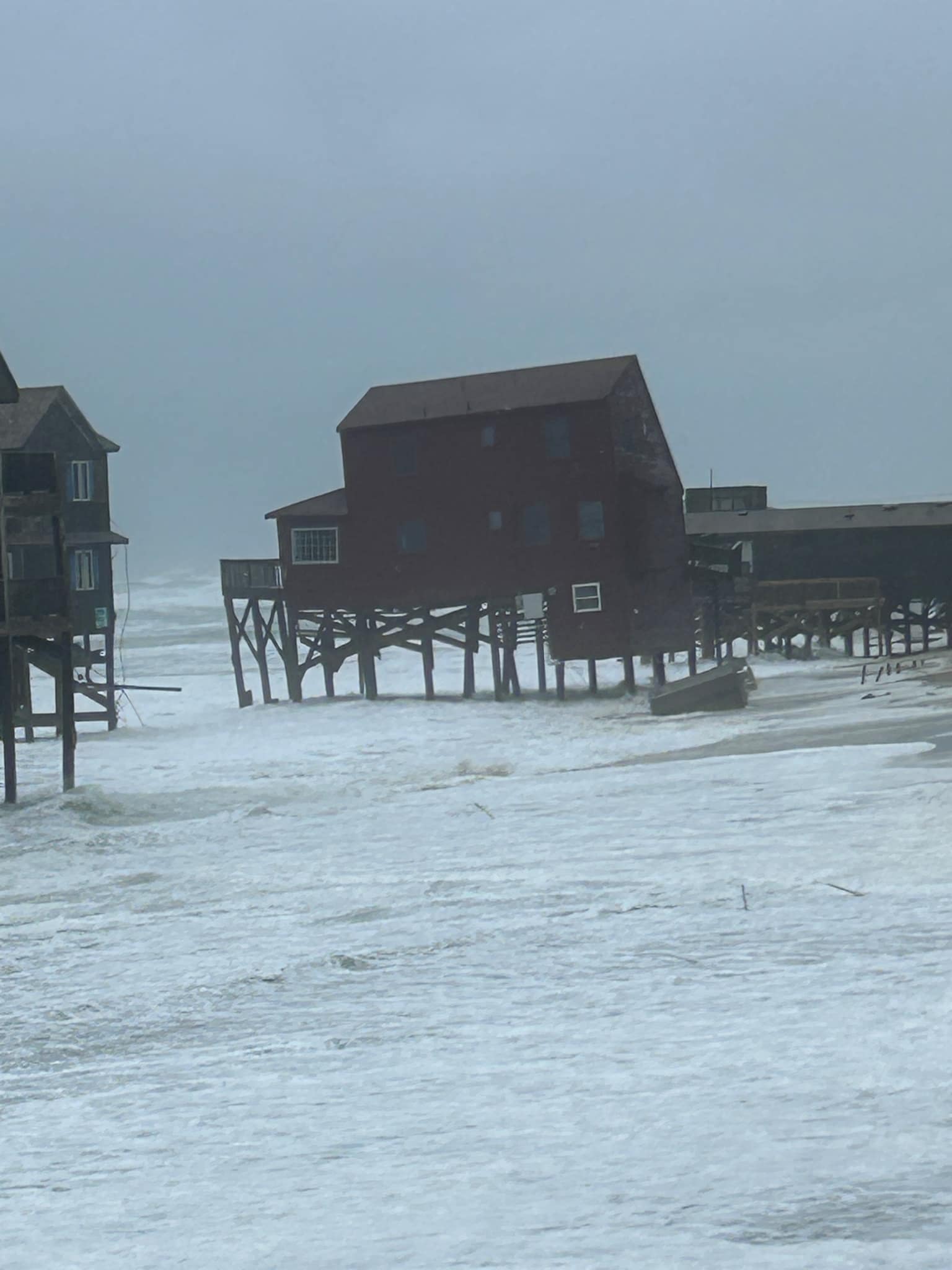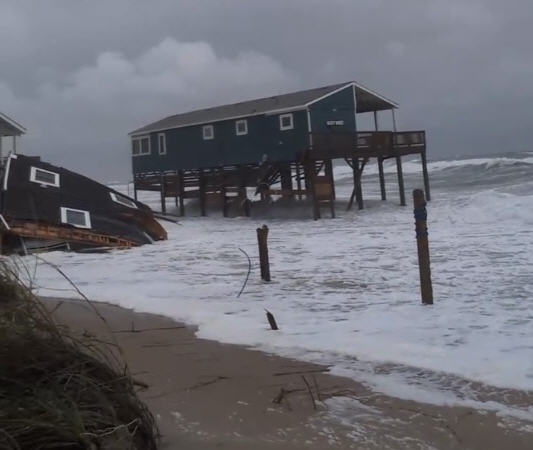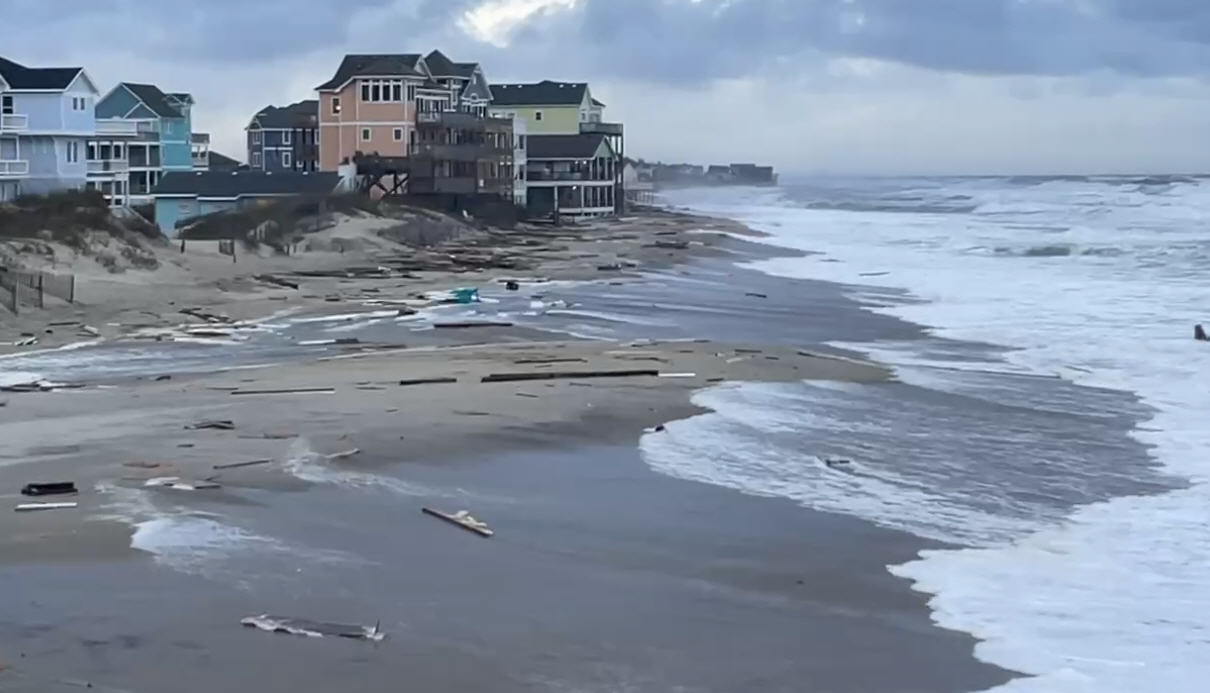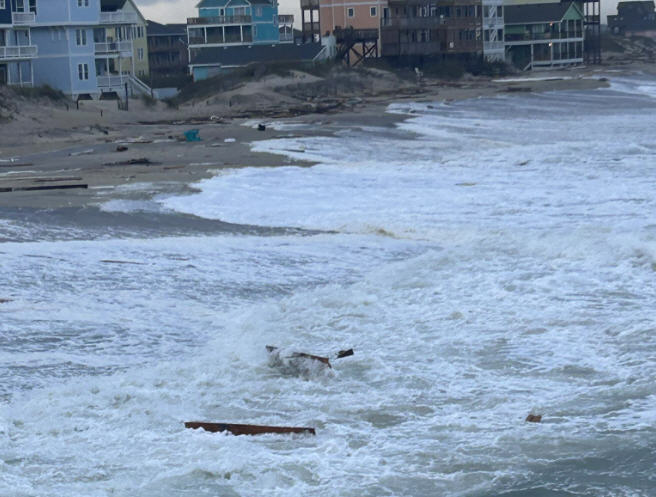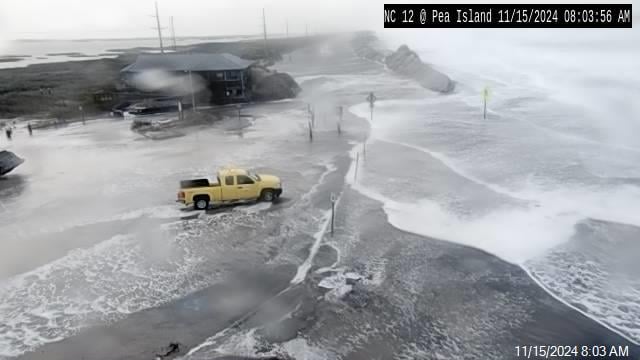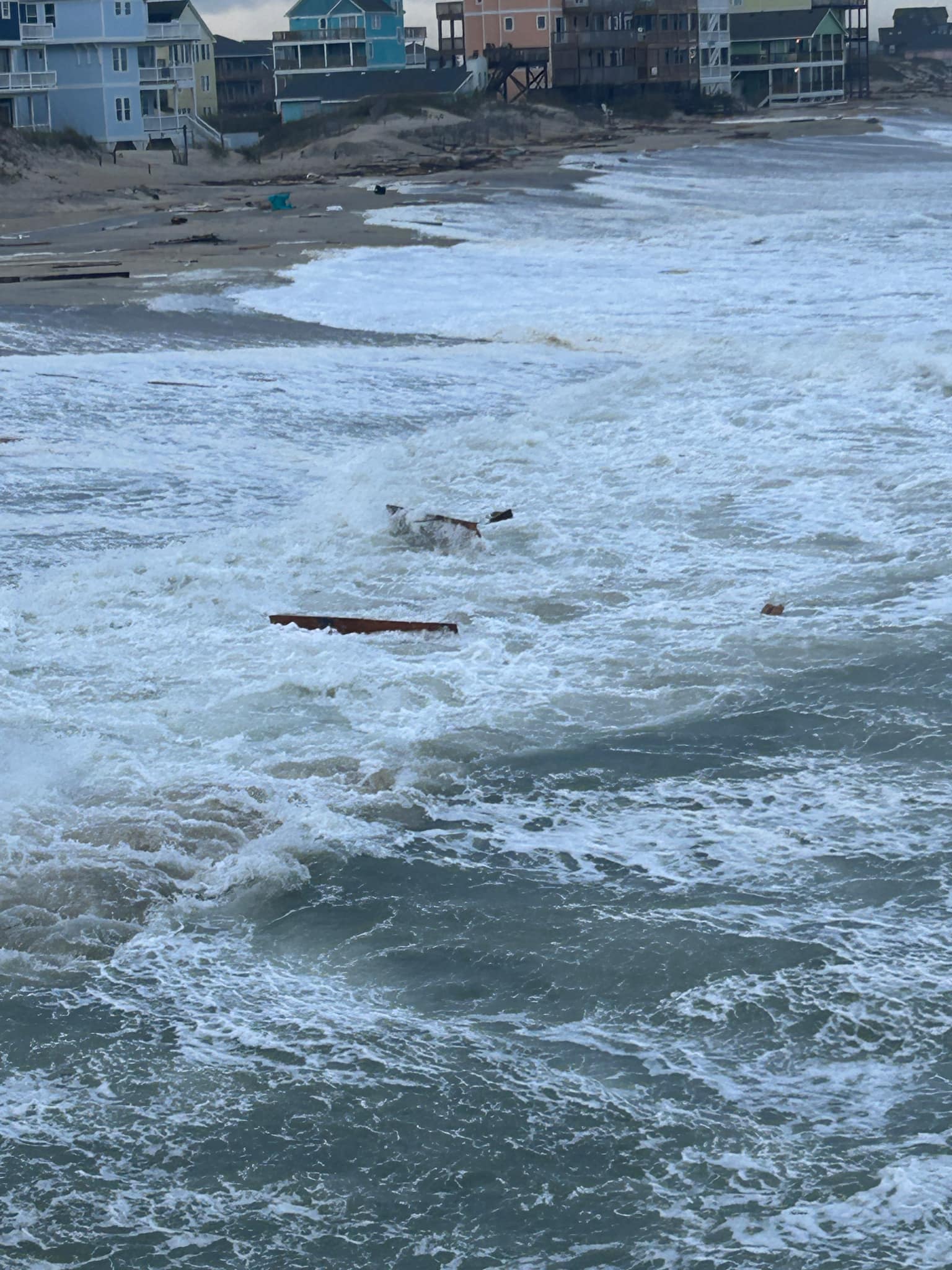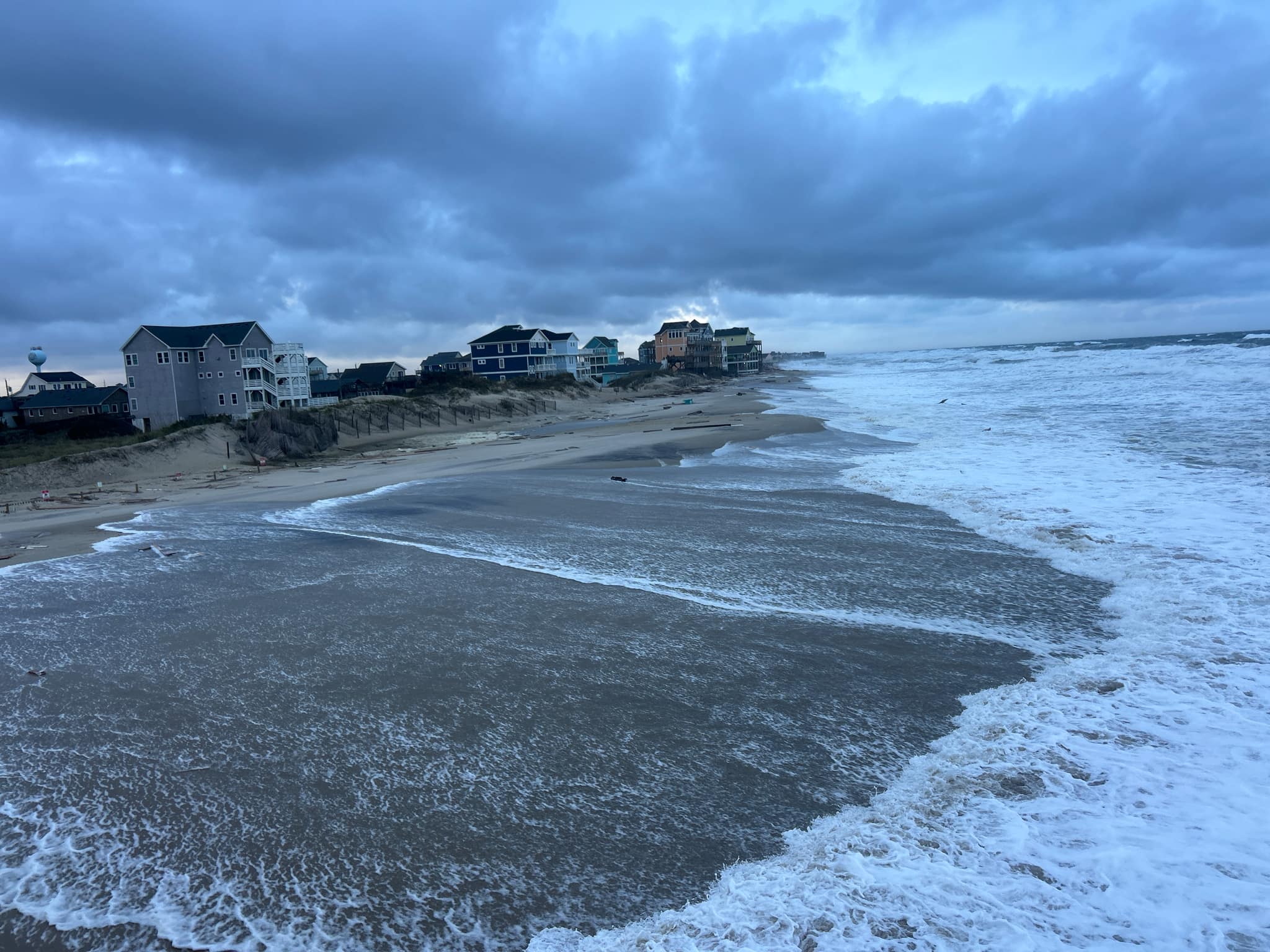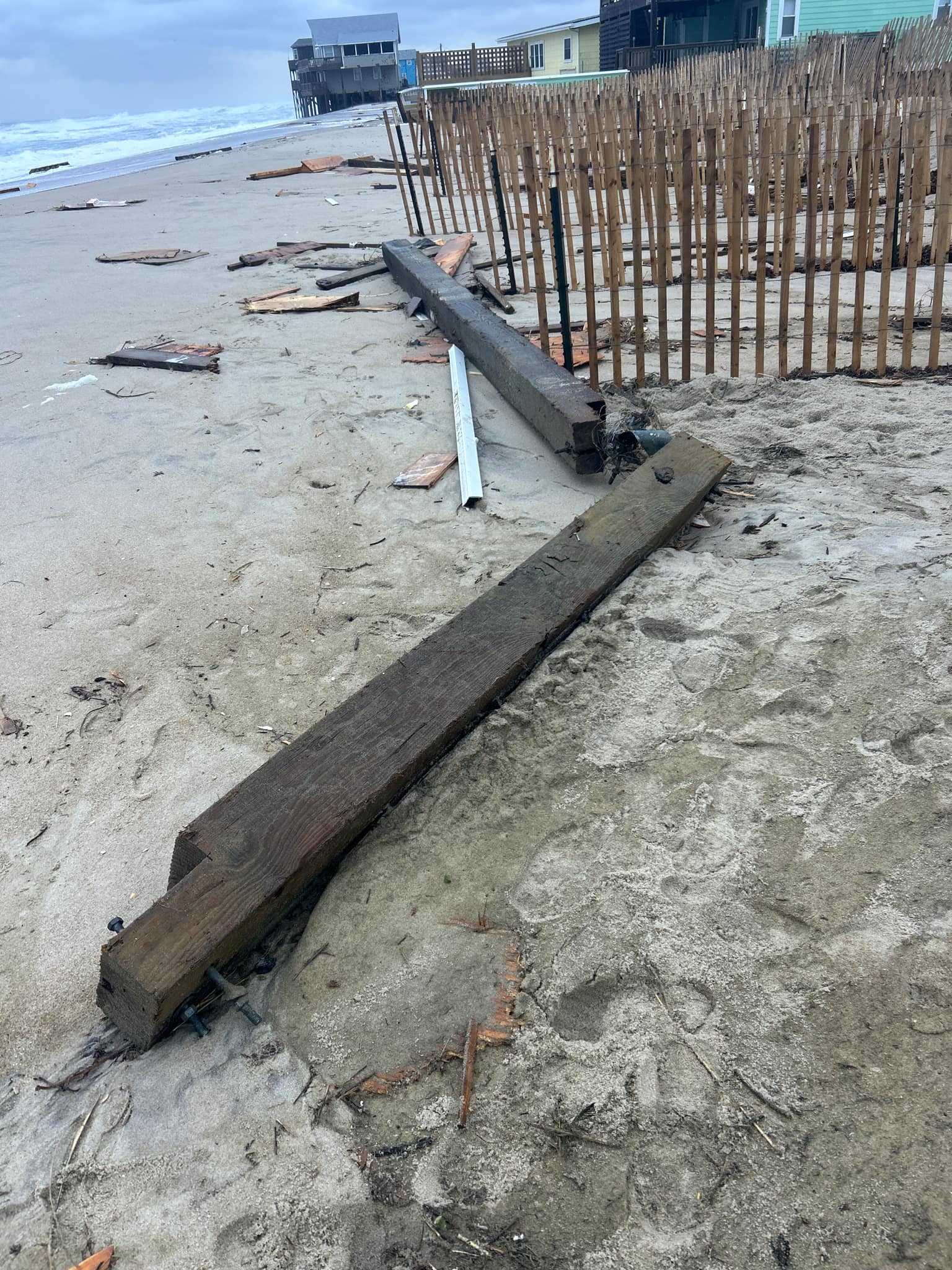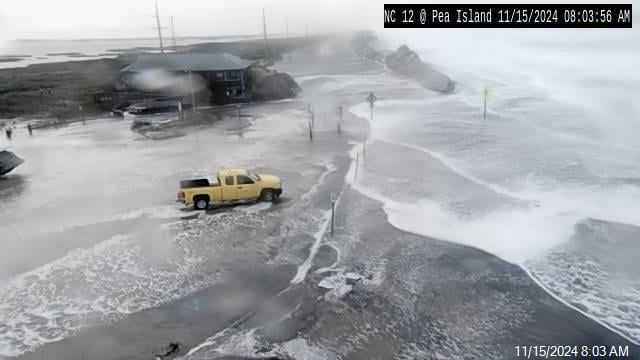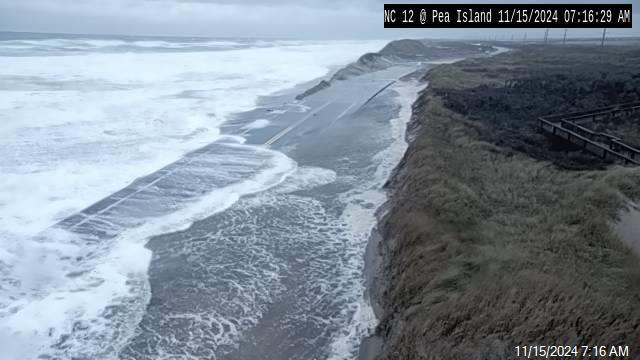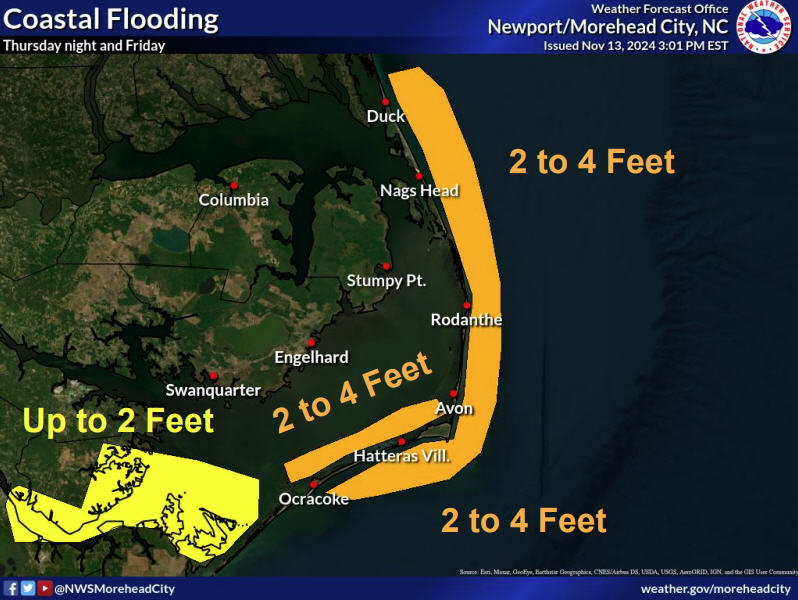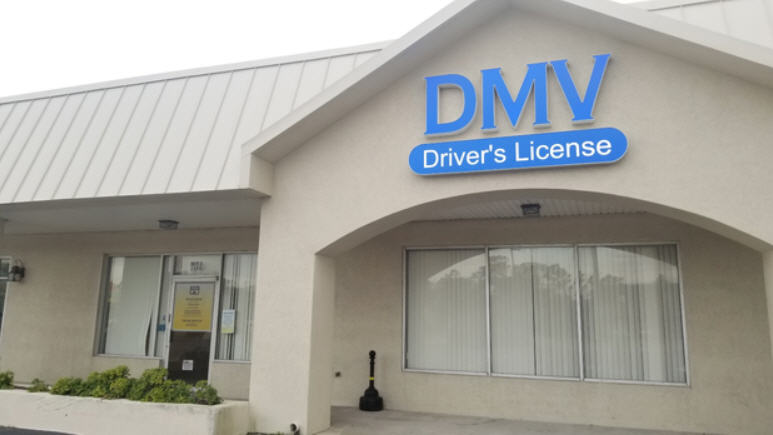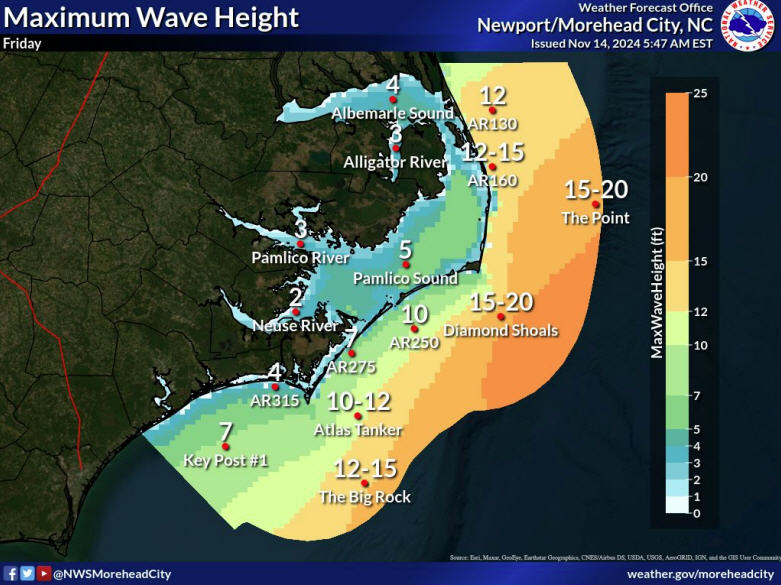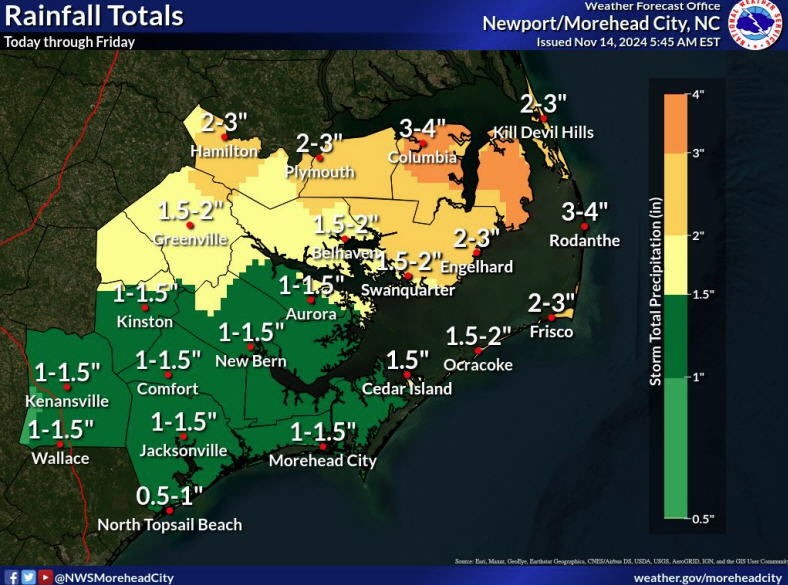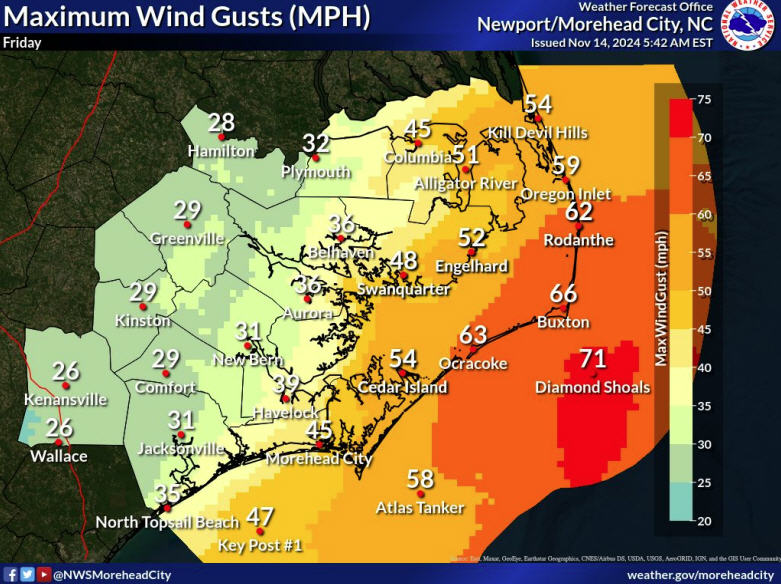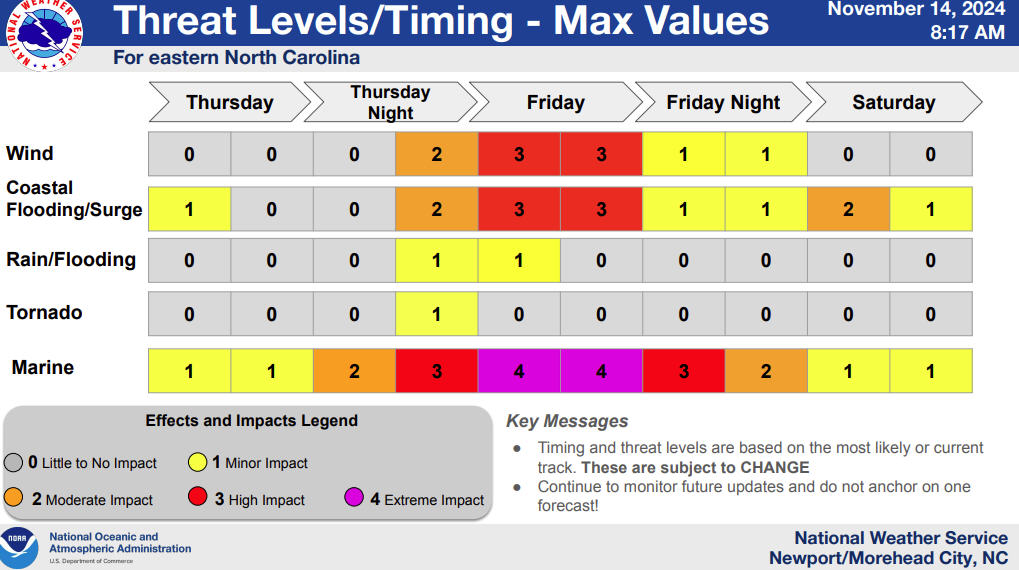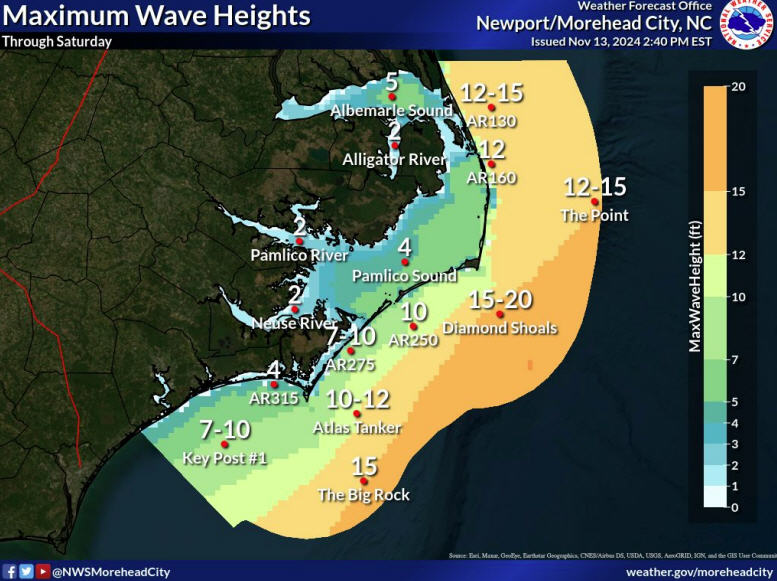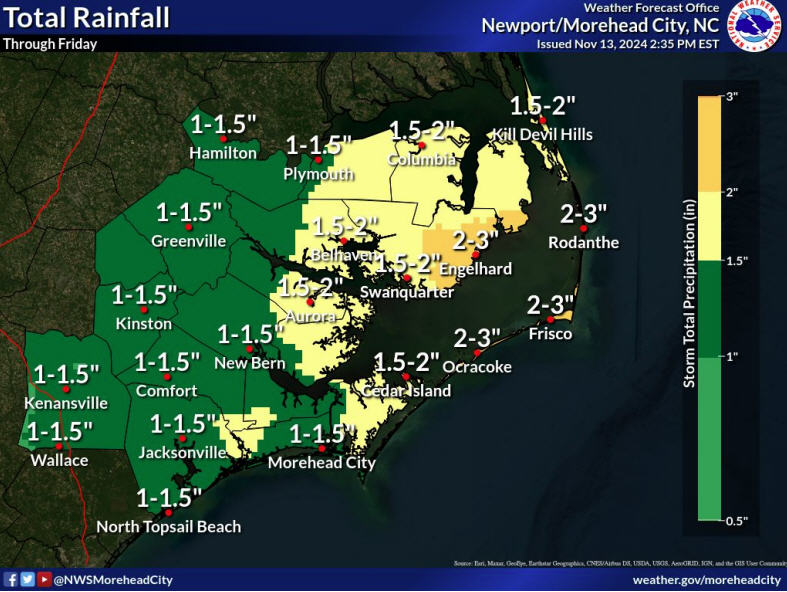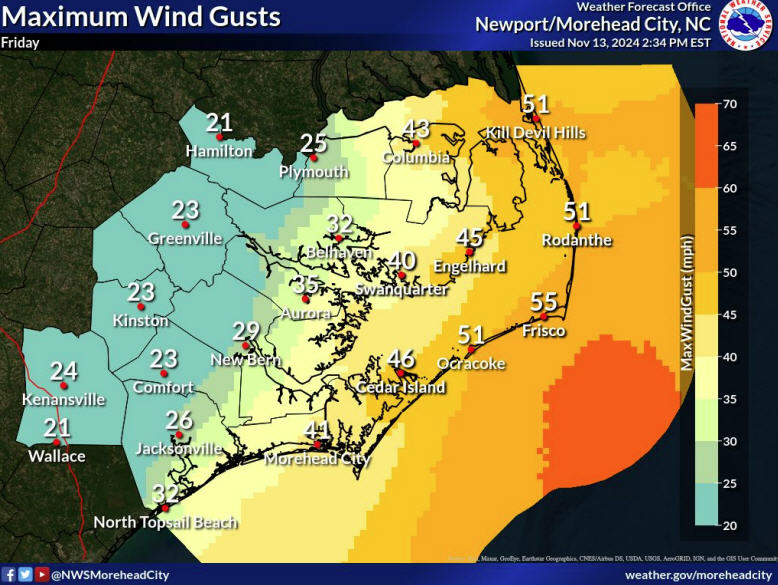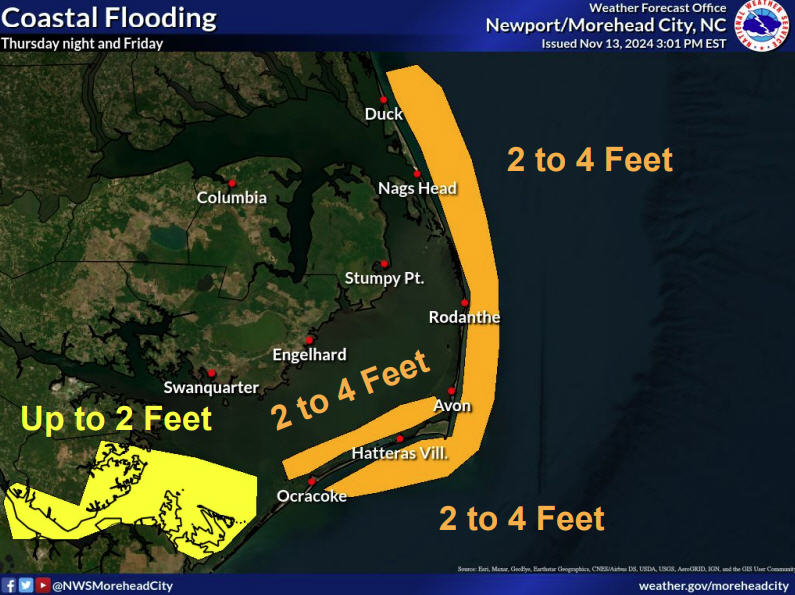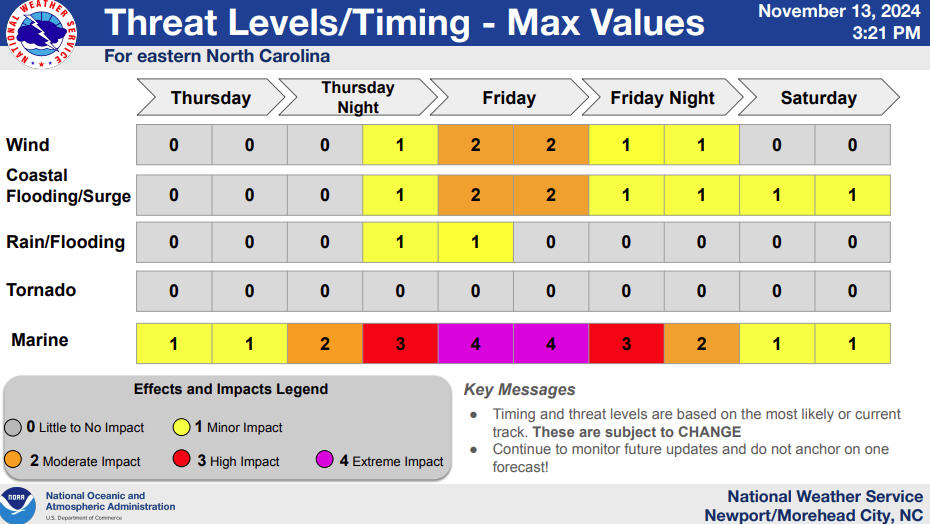Legislative Update: Budget conference committee faces challenges
Proposed legislation about specific issues is popping up in multiple bills in the General Assembly, including House Bill 97, which is the proposed budget, in stand-alone bills, and intertwined with other legislative topics.
This will be one of the many challenges faced by the members of each chamber appointed to a conference committee that is tasked with coming up with a version of the budget acceptable to both chambers and also likely to gain the governor’s signature.
Legislative staffers have identified more than 300 pages of differences between the House version of the budget and the Senate’s amended offering. Leadership in both chambers have indicated that there will not be a quick resolution to the budget differences.
Because the current fiscal year ends June 30, they will have to agree on a skeletal plan that allows the government to keep operating until a budget is signed into law. Among the sticking points in developing a continuing resolution is the question about the future of more than 8,000 teaching assistants. School systems need to know what to plan for while the legislators slice and dice the proposed budget.
The House has proposed stand-alone legislation, HB 372, to reform the state’s Medicaid program, while the Senate chose to put its proposal in the budget. The two proposed fixes are vastly different. If the conference committee removes the item from the budget, then the House version will still be in play. And the Senate version could find itself tucked into a different existing bill.
Those wishing to keep up with legislation of particular interest to Dare County will have to stay nimble and vigilant if they don’t want to miss attempts at legislative end runs.
Sales tax redistribution is tucked into the Senate-proposed budget and has its own stand-alone version, SB 369.
Shallow-draft dredging is in a stand-alone bill, SB 160, and the bill’s language also is included in the Senate version of the budget. This bill has been approved by the Senate and is now in the House Rules Committee, where all new legislation and Senate-forwarded bills are parked until or if they are deemed worthy to be moved further along in the process.
And a third variation of the legislation, SB 639, includes stripped-down language that reduces state funding into the Shallow Draft Fund, doesn’t set aside money for Oregon Inlet, and leaves out allowing the county to dip into beach nourishment funds that are derived from occupancy taxes. This bill was dormant in the Senate Rules Committee until last week when it was sent to the Transportation Committee.
Building Code Reform, HB 255, is moving and being tweaked along the way. It passed the House and has been amended in the Senate, so will go back to the House for concurrence. The bill mandates that fees collected related to inspections can be used only in that department. It also appears to attempt to take a step forward in standardizing inspections, so that expectations are consistent across jurisdictions.
HB 634, Storm Water Built-Upon Clarification, also is aimed at development and construction. The bill mandates that “For purposes of implementing stormwater programs, ‘built-upon area’ means impervious surface and partially impervious surface to the extent that the partially impervious surface does not allow water to infiltrate through the surface and into the subsoil. ‘Built-upon area’ does not include a slatted deck or deck; the water area of a swimming pool, a surface of number 57 stone, as designated by the American Society for Testing and Materials, laid at least four inches thick over a geotextile fabric; or a trail as defined in 11 G.S. 113A-85.”
The bill passed the House but has been amended in the Senate. If it clears the third reading, it will be sent back to the House for concurrence.
Many bills have zipped through the legislative process, but several proposed amendments to the North Carolina Constitution have not budged since being introduced early in the session. Amendments to the state’s Constitution can be enacted only if voters approve them by casting their ballots for the measure. After amendments are added to the Constitution, voters can make changes only through the ballot process.
Among the proposed amendments that have been filed are two that include mandating term limits for members of the General Assembly, although each would accomplish limits in a different manner if approved and signed into law. There also is a call for a Convention of the States and a bill aimed at rescinding that call.
Another seeks to set out a formula for increasing the minimum wage. HB 230, is a proposed Constitutional amendment to raise the state’s minimum wage via the ballot. The proposed amendment, if adopted, would include raising the state minimum wage to an hourly rate of $8.80. Each following year it would be adjusted when the N.C. Department of Labor would calculate an adjusted rate using the consumer price index CPI-U, or its successor index, to take effect on the following Jan. 1. The bill is in the House Judiciary I Committee.
And SB 147 that seeks to ratify the Equal Rights Amendment to the U.S. Constitution is still being ignored. If ratified, the amendment would mandate that “Equality of rights under the law shall not be denied or abridged by the United 19 States or by any State on account of sex.”
HB 928, if placed on the ballot and approved by voters, would amend the state’s Constitution by mandating that “no law shall be enacted to impose any tax upon the people of the state, except by an act adopted by a vote of two-thirds of the members of each house of the General Assembly. This subsection applies to laws increasing a tax rate and laws levying a new tax but not to a law repealing or restricting a specific tax preference or a law authorizing one or more local taxing units to levy a tax.” It still rests in the House Rules, Calendar, and Operations Committee.
Another proposed amendment to the state’s Constitution is HB 931, which, if approved by voters in a general election, would prohibit homeowners’ associations from foreclosing on real property for unpaid association dues and allow homeowners’ associations to obtain judgments for past-due assessments and to allow for set-offs against state income tax returns for past due assessments.
(Sandy Semans is a retired newspaper editor and reporter who now works as a free-lance writer. She lives in Stumpy Point. Her update on the goings-on in this session of the General Assembly will appear weekly in The Island Free Press, usually on Friday.)
PREVIOUSLY PUBLISHED 2015 LEGISLATIVE UPDATES
First bill filed would prohibit condemning property for economic development
Legislative Update: And they are off — sort of
Legislative Update: The gold rush in Raleigh is underway
Legislative Update Most Bills Moving At Snails Pace But One Achieves Warp Speed
Legislative Update: Humor unleashed in the General Assembly
Legislative Update: Lawmakers made hay while the sun was shining
Legislative Update: Bill on dredging causes local turmoil
Legislative Update: 156 new bills filed this week
Legislative Update: Lawmakers keeping busy in Raleigh
Legislative Update: It was raining bills all week
Legislative Update: Bill on dredging causes local turmoil
Legislative Update: Occupancy tax provision is out of dredging bill
Legislative Update: Lawmakers take aim at N.C. Constitution
Legislative Update: More taxes and Constitutional amendments proposed
Legislative Update: Lawmakers racing the clock to get bills moved
Legislative Update: Rushing to meet the ‘crossover’ deadline
Legislative Update: A week of committee work in Raleigh
Legislative update: New taxes for fishermen and new purpose for occupancy taxes
Legislative Update: Bill aims at opportunities for Oregon Inlet Lifesaving Station
Legislative Update: Two days, two vetoes
Legislative Update: Sales tax redistribution bill gets more traction
Legislative update: Sales tax redistribution is back, will still hurt Dare
Legislative Update: Senate passes its version of state budget




